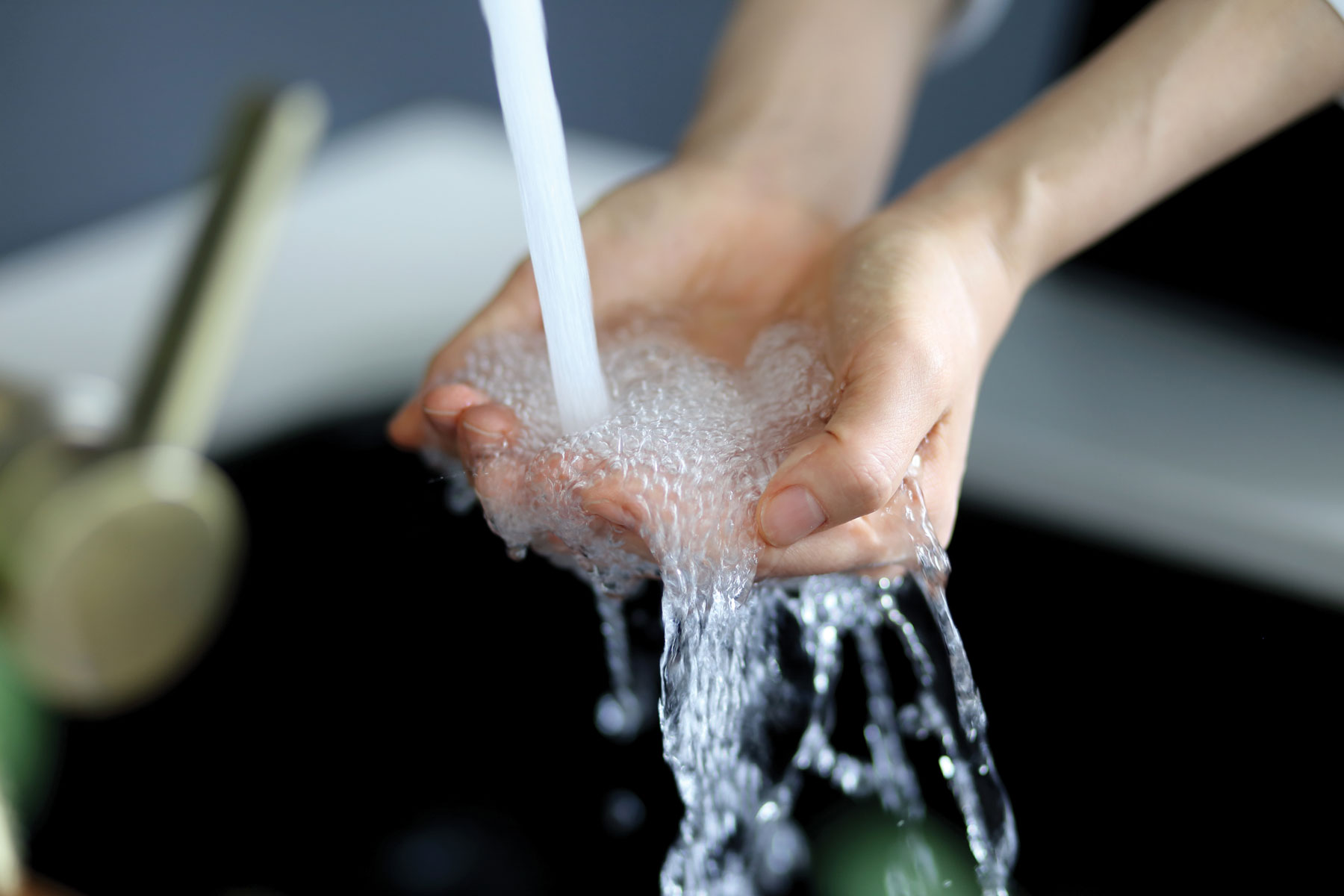
The threat of catching the respiratory disease COVID-19, commonly known as the coronavirus, has triggered an extraordinary hand-washing movement that has swept the country: We’re all washing our hands, constantly, thoroughly, sometimes fanatically.
It’s all hands, all the time.
Among other precautions, the Center for Disease Control (CDC) and the media have been alerting us around the clock to “Wash your hands often with soap and water for at least 20 seconds, especially after going to the bathroom; before eating; and after blowing your nose, coughing, or sneezing.”
If soap and water are not readily available, we’re told to use the most popular consumer product today: hand sanitizers.
When I think of millions of Americans suddenly and studiously washing and sanitizing their hands wherever they go, I can’t help reflecting on the unusual power of our own hands, which have become the weapons of choice in the biggest public health crisis of our time.
Our hands can kill, and our hands can heal.
A sexual assault starts with predatory hands. When bullies want to physically intimidate, their hands turn into fists. But when surgeons want to replace a failing heart or excise a deadly tumor, their hands rescue lives.
Since the beginning of time, our hands have been essential components in defining our humanity. These complex body parts discovered fire and built tools and shelter, but they also brutalized, murdered and enslaved.
Our hands have created — and destroyed — masterpieces and sacred spaces. Our hands have played exquisite music but also banged the drums of war.
Our gentle hands have comforted the dying and the grieving, but our vulgar hands have insulted those we abhor.
Our hands have always been dual carriers — of good and evil, light and darkness.
These days, our minds are ambivalent, partly telling us to be practical and do stuff like wash our hands; partly telling us to get hysterical and throw our hands in the air as if we’ve reached the end of times.
Today, throughout the planet, human beings are looking at their hands as potential carriers of a tiny and scary virus. Because this virus can live on surfaces, an infected hand can spread it on an elevator button or a door handle or simply another hand.
What is remarkable, though, is that a little soap and water can actually destroy this lethal virus.
The duality remains: our hands can be deadly, or they can be clean. This is the silver lining I see to this dark episode — that a massively upgraded cleaning of our hands and other safety precautions will make enough of a difference to help us contain this disease.
But our hands have always been at the mercy of our minds. It is our minds that tell our hands what to do — whether good or bad.
These days, our minds are ambivalent, partly telling us to be practical and do stuff like wash our hands; partly telling us to get hysterical and throw our hands in the air as if we’ve reached the end of times.
For the sake of our sanity and future, the practical must win out over the hysterical.
I remember how, after the twin towers came crashing down on Sept. 11, 2001, there was so much solidarity in the air that people spoke of a “new normal,” hoping that that solidarity would outlast the crisis. If anything, the very opposite happened — we’ve never been more divided.
The COVID-19 crisis eventually will be behind us. Before that happens, it looks like a significant amount of damage — to our psyche, our lives, our economy — will hit us. The crisis is influencing everything, including our politics, travel plans, schools, public events, family celebrations, jobs, health care — everything.
What is remarkable, though, is that a little soap and water can actually destroy this lethal virus.
But it will end. If we take the practical route and follow recommended precautions, we have the chance to shorten the time frame and mitigate the damage. If we take the hysterical route and spread panic, we will overwhelm the system and exacerbate the damage. The choice is, well, in our hands.
And when the crisis does end, what will remain? Will there be a new normal?
We will be left, certainly, with lingering trauma, but also with a heightened awareness of the importance of taking smart precautions, in particular the simple habit of constantly cleaning our hands.
I can think of worse things for a society than to be obsessed with keeping its hands clean.
At the very least, this would surely upset COVID-20.























 More news and opinions than at a Shabbat dinner, right in your inbox.
More news and opinions than at a Shabbat dinner, right in your inbox.